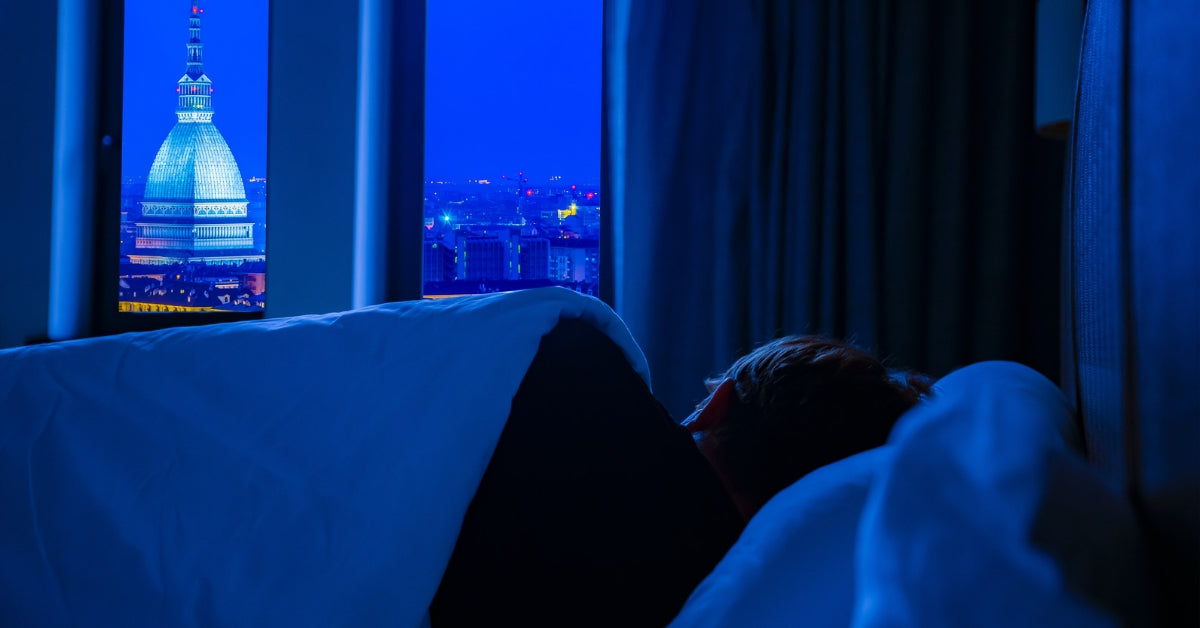Sleep Tight: Tips for Creating a Restful Sleeping Space to Enhance Your Recovery Outcomes
Creating a sleep-friendly environment is essential for getting quality sleep, which in turn is crucial for optimal recovery. Here are some tips on how to set up your bedroom for a good night's sleep.
- Keep your bedroom cool and dark The ideal bedroom temperature is between 60 and 67 degrees Fahrenheit. A cooler environment helps promote the natural drop in body temperature that occurs during sleep. Additionally, darkness helps to signal to your body that it's time to sleep. Consider using blackout curtains or an eye mask to block out any light.
- Invest in a comfortable mattress and pillows An uncomfortable mattress or pillows can cause discomfort, leading to restless sleep. Investing in a quality mattress and pillows can make a significant difference in the quality of your sleep.
- Reduce noise levels Unwanted noise can be a significant disruption to sleep. If you live in a noisy environment, consider using earplugs or a white noise machine to mask the noise.
- Eliminate electronics from the bedroom The blue light emitted from electronic devices such as smartphones, tablets, and laptops can interfere with sleep. Additionally, notifications or alerts from these devices can be a distraction. Keeping electronics out of the bedroom can help create a peaceful environment that promotes restful sleep.
- Keep your bedroom tidy and uncluttered A tidy bedroom can help to reduce stress and promote relaxation. A cluttered room can be overwhelming and cause unnecessary stress, which can disrupt sleep.
- Use relaxing scents Certain scents, such as lavender and chamomile, are known for their relaxing properties. Consider using essential oils or candles to create a relaxing environment in your bedroom.
- Establish a sleep routine Establishing a consistent sleep routine can help train your body to recognize when it's time to sleep. Set a regular bedtime and wake-up time, even on weekends. Additionally, incorporating relaxing activities, such as reading or taking a bath, before bedtime can help signal to your body that it's time to wind down.
- Avoid caffeine and alcohol before bedtime Caffeine is a stimulant that can interfere with sleep, and alcohol can disrupt sleep quality. It's best to avoid both before bedtime.
To summarize, it is crucial to establish a sleep-conducive atmosphere to achieve the best possible recovery.
Keep in mind that cultivating healthy sleep habits takes time and perseverance, so it is important to remain persistent and patient in your endeavors.
And of course, there's no better way to top this list off than with the powerhouse of sleep supplements: ONWARD SLEEP GUMMIES. With this top-tier formulation you can ensure a great night's sleep without the grogginess.






